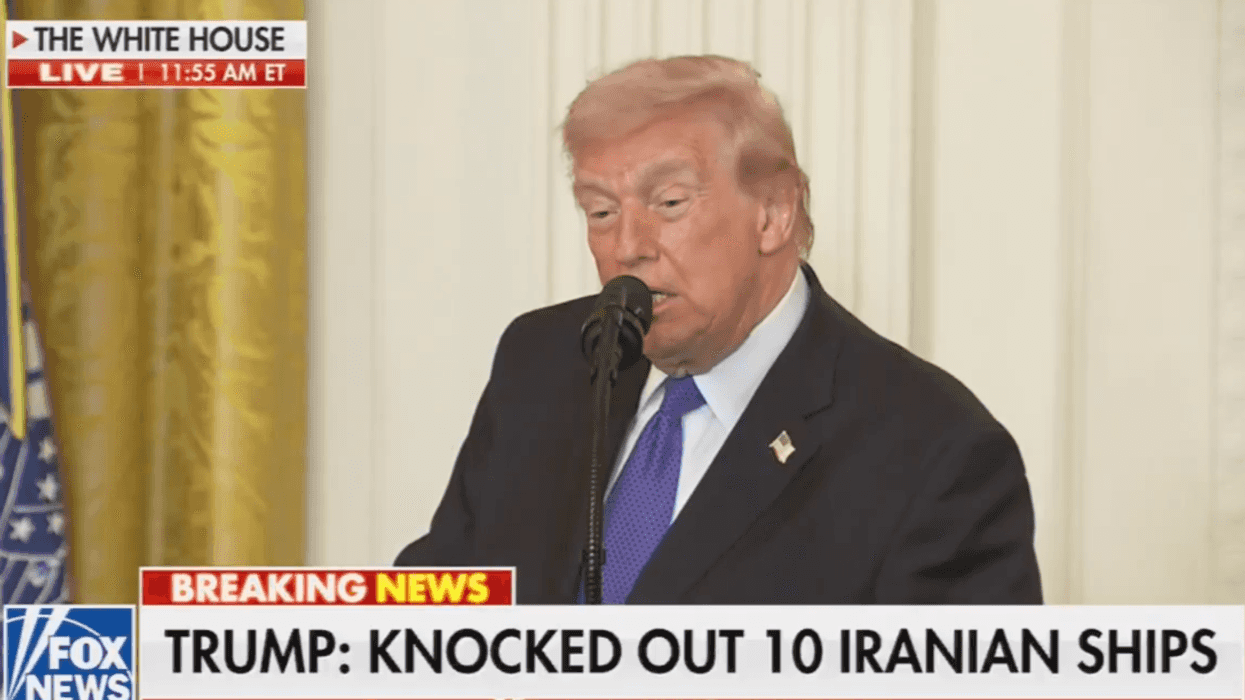Critics quickly gave former President Donald Trump an epic grammar lesson after he told Fox News personality Laura Ingraham that he doesn't "want pronouns."
Trump made the ridiculous statement in response to Ingraham's remark that Vice President Kamala Harris—who is the presumptive Democratic nominee now that President Joe Biden has withdrawn from the presidential race—has “she/her” in her social media bio to indicate her pronouns.
Ingraham said:
"Kamala Harris in her Twitter bio, which I never noticed until this morning, states her pronouns as she/her. What are your pronouns?"
Trump responded:
“I have no — I don’t want pronouns."
When Ingraham questioned whether Trump is "fluid," he said:
“Nobody even knows what that means. Ask her [Harris] to describe exactly what that means. Nobody knows."
You can watch their exchange in the video below.
Contrary to what Trump may say, pronouns are, in fact, important.
Pronouns are a select group of words (such as I, she, he, you, it, we, or they) that replace nouns or noun phrases in sentences, with their meanings clear from the context.
Personal pronouns are the most frequently used type. They refer to the speaker or writer (first person), the listener (second person), or other people or things (third person). Similar to nouns, personal pronouns can act as the subject or object in a sentence: "She likes him, but he loves her." Many personal pronouns have distinct forms for subjects and objects.
It's worth noting that Harris' decision to include "she/her" on her social media profile reflects her commitment to inclusion.
Preferred gender pronouns are the pronouns a person prefers to be used when they are referred to, in order to indicate their gender identity.
It has become increasingly common for people to display their pronouns in the workplace or on social media profiles. Because pronouns are not indicative of a person's sexual orientation, not everyone who shares their pronouns necessarily identifies as LGBTQ+.
Straight, cisgender people often choose to share and display their pronouns to let others, especially LGBTQ+ individuals, know they are in a safe space, especially if their gender identity is often questioned or if they are regularly misgendered.
The use of gender pronouns in the workplace, for instance, helps normalize and encourage discussions about gender in such a way that transgender and non-binary individuals can feel safe and included.
People swiftly corrected Trump and mocked his statements.
Trump issued these remarks during the same interview in which he was asked to clarify his prior statements to a Christian group that they only have to vote in 2024 and never again because he'll "fix" the country.
Trump ultimately did little to address the backlash over his remarks, which some Democrats interpreted as suggesting there would be no more elections if he won. Instead, he repeatedly asserted that his comments were aimed at highlighting the low voter turnout among Christians and made offhand remarks questioning Jewish voters who support Democrats.
He also made his standard boasts about crowd size, saying "this was a crowd that liked me a lot—I think I'm at 97% or something—and they're treated very badly by [the Biden administration]."
He claimed "Christians do not vote well," suggesting that he simply meant his audience should not "worry about the future" because his campaign "won’t even need your vote anymore because, frankly, we will have such love, if you don't want to vote anymore, that's okay."

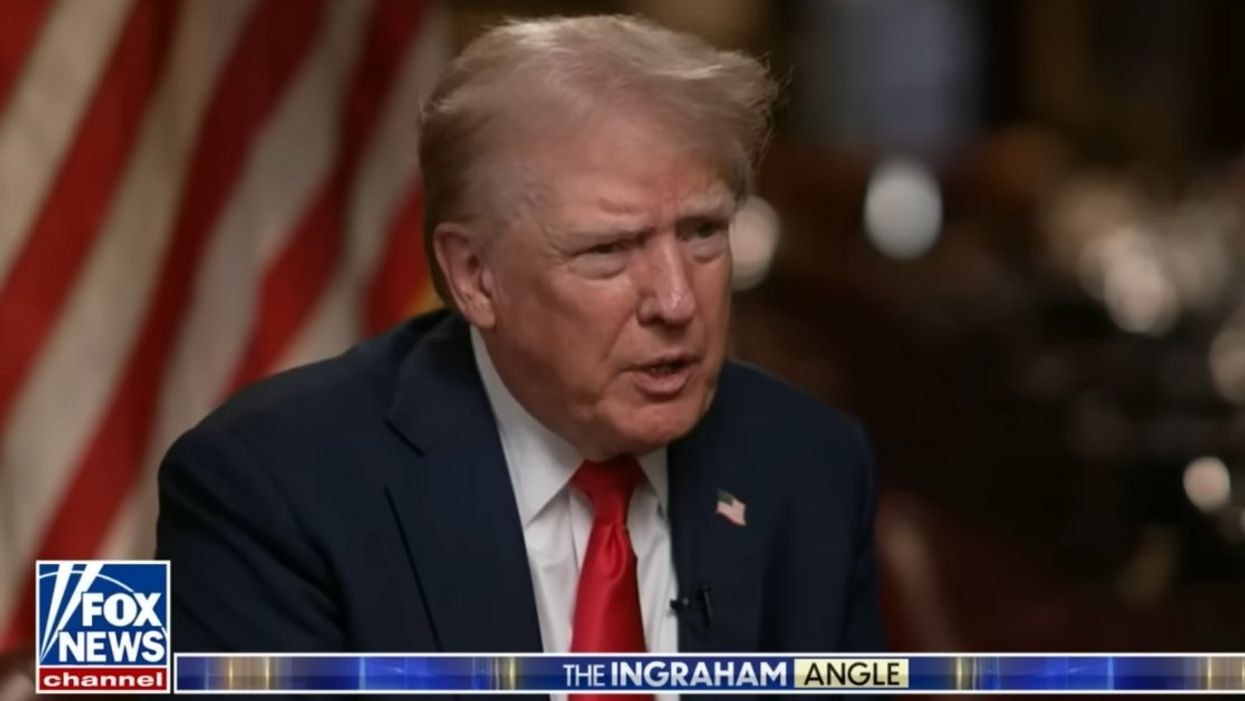



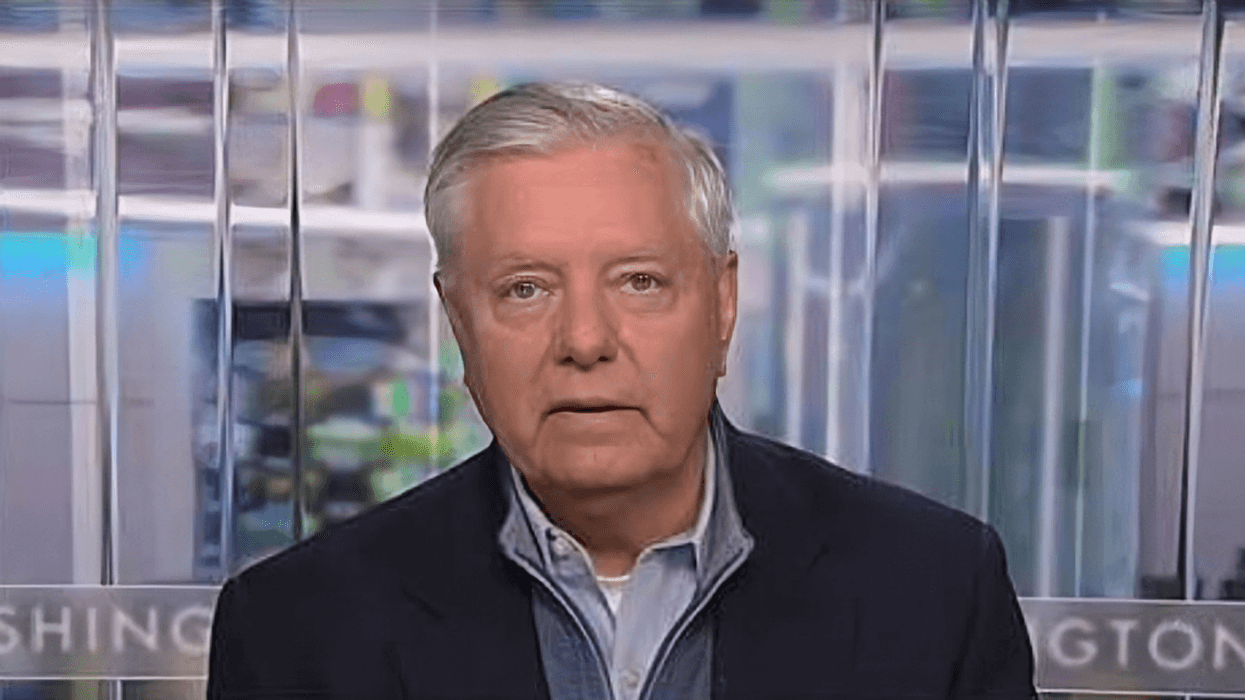
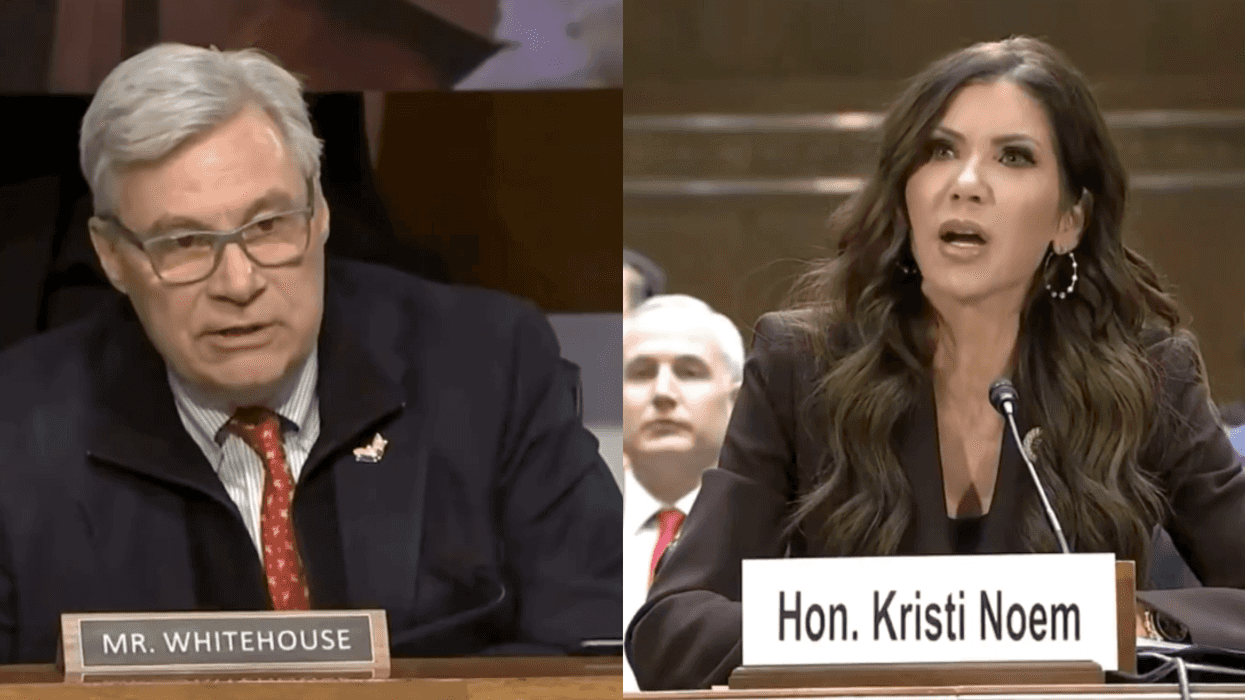
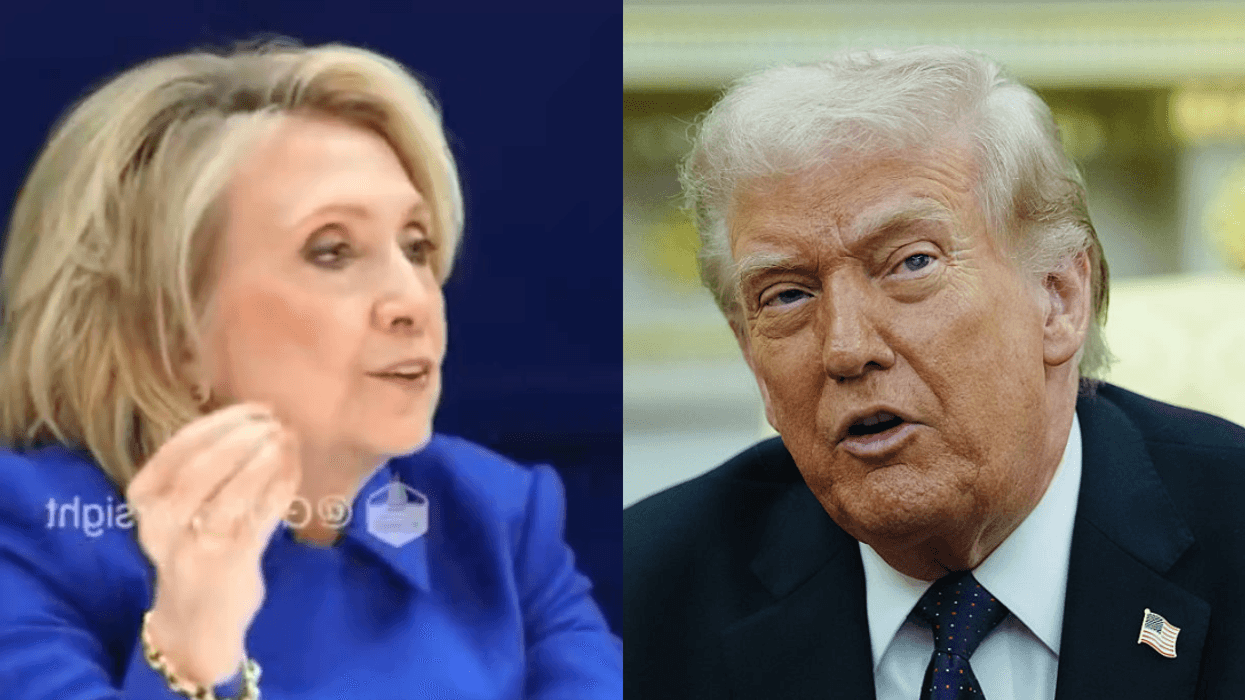




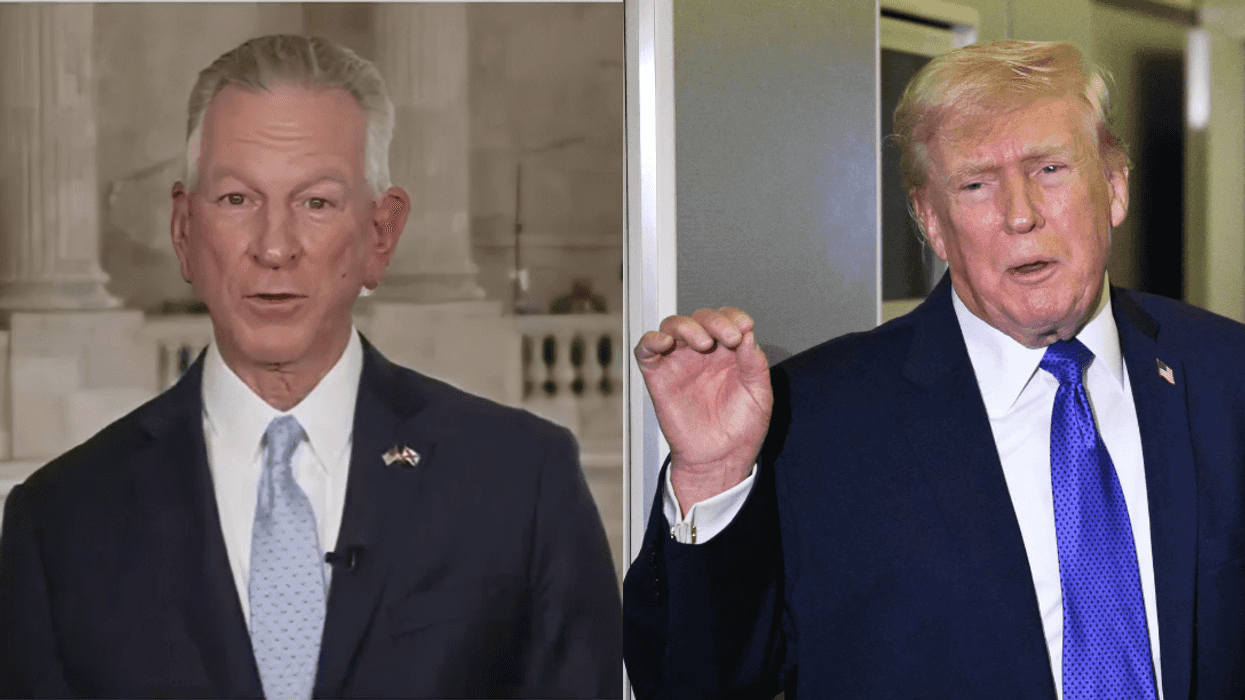

 @CNN/Instagram
@CNN/Instagram @CNN/Instagram
@CNN/Instagram @CNN/Instagram
@CNN/Instagram @CNN/Instagram
@CNN/Instagram @CNN/Instagram
@CNN/Instagram @CNN/Instagram
@CNN/Instagram @CNN/Instagram
@CNN/Instagram @CNN/Instagram
@CNN/Instagram @CNN/Instagram
@CNN/Instagram @CNN/Instagram
@CNN/Instagram @CNN/Instagram
@CNN/Instagram @CNN/Instagram
@CNN/Instagram @CNN/Instagram
@CNN/Instagram @CNN/Instagram
@CNN/Instagram @CNN/Instagram
@CNN/Instagram @CNN/Instagram
@CNN/Instagram @CNN/Instagram
@CNN/Instagram @CNN/Instagram
@CNN/Instagram @CNN/Instagram
@CNN/Instagram @CNN/Instagram
@CNN/Instagram
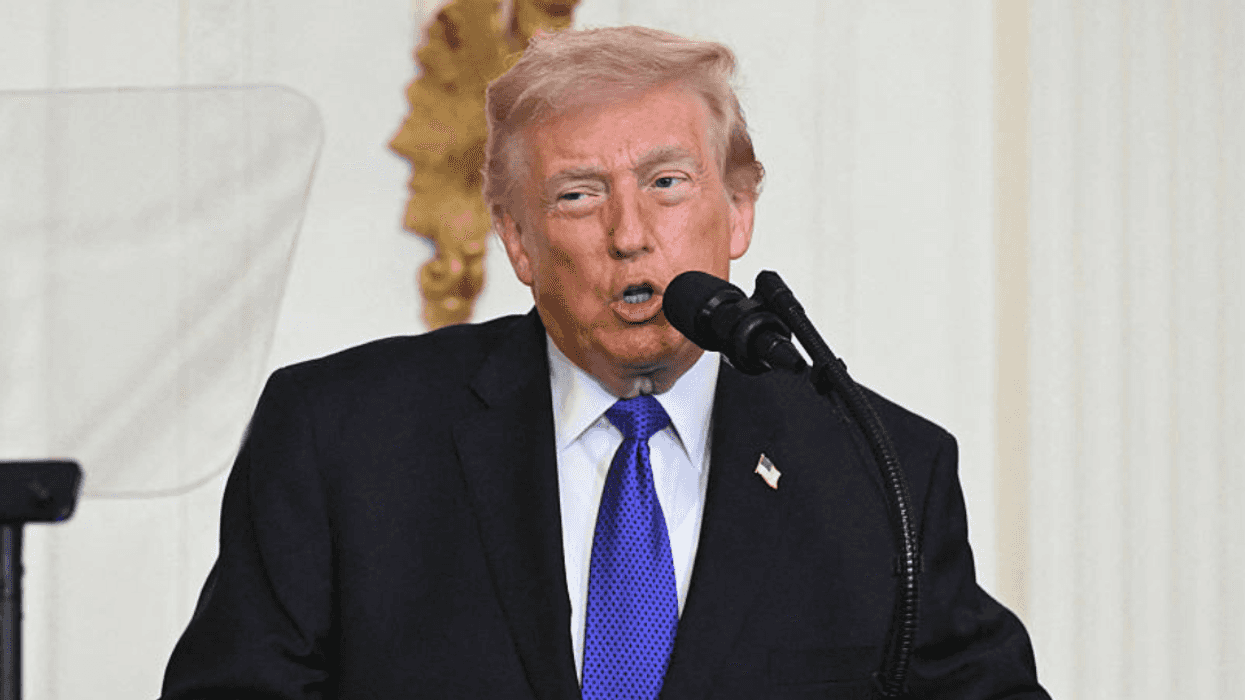
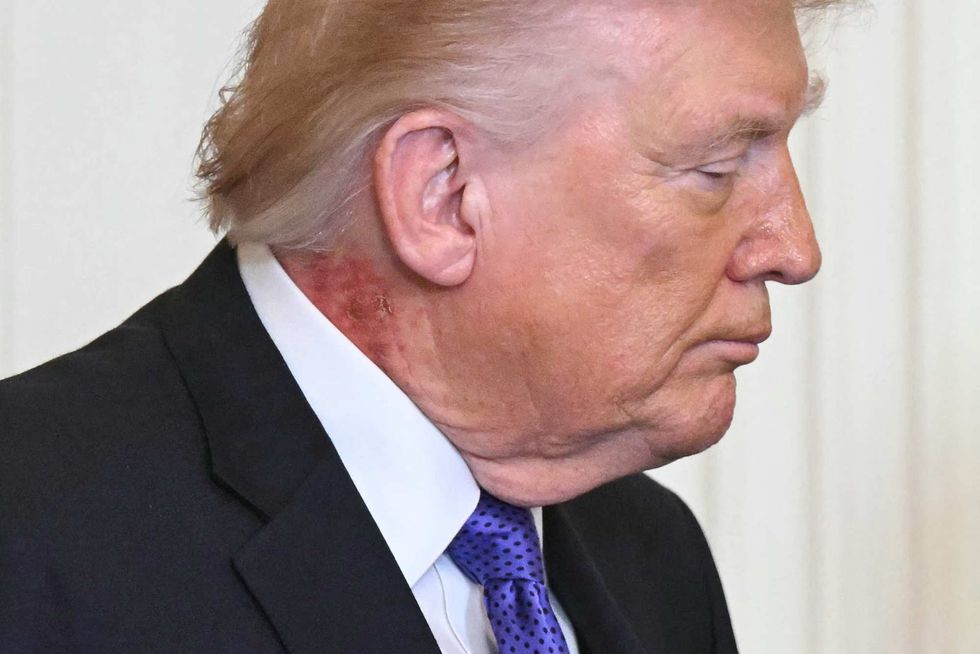 Saul Loeb/AFP via Getty Images
Saul Loeb/AFP via Getty Images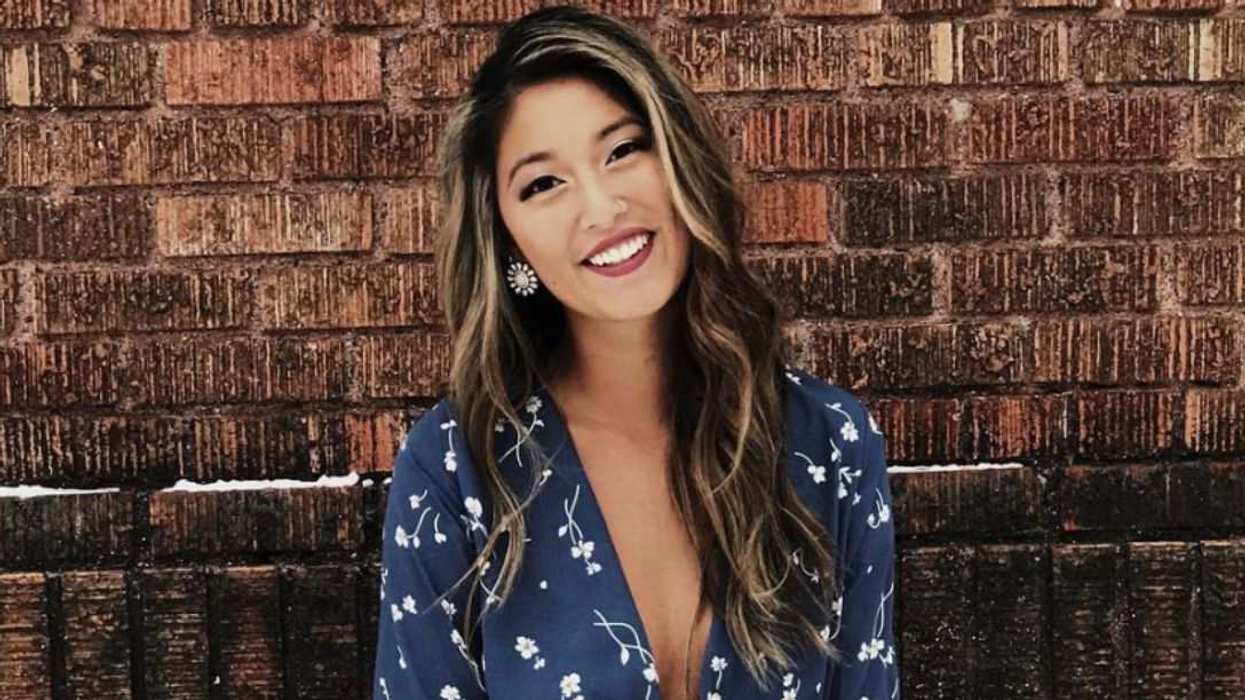
 @tabithadumas11/Instagram
@tabithadumas11/Instagram @basicallyemilyphoto/Instagram
@basicallyemilyphoto/Instagram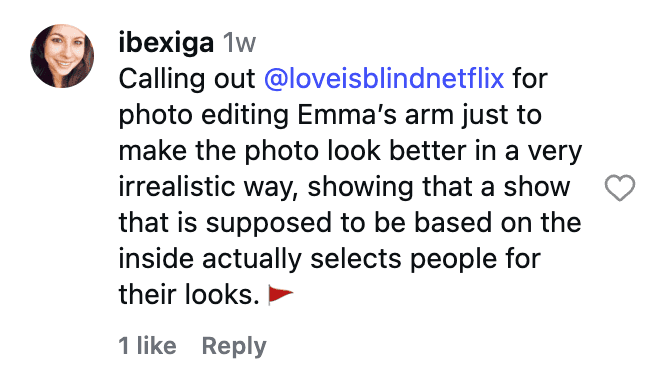 @ibexiga/Instagram
@ibexiga/Instagram @operasaurus/Instagram
@operasaurus/Instagram @gabbyyhorne/Instagram
@gabbyyhorne/Instagram @rosieposie_josie/Instagram
@rosieposie_josie/Instagram u/Happylittlepinetree/Reddit
u/Happylittlepinetree/Reddit u/idkeverynameistaken9/Reddit
u/idkeverynameistaken9/Reddit u/absentmindedlurking/Reddit
u/absentmindedlurking/Reddit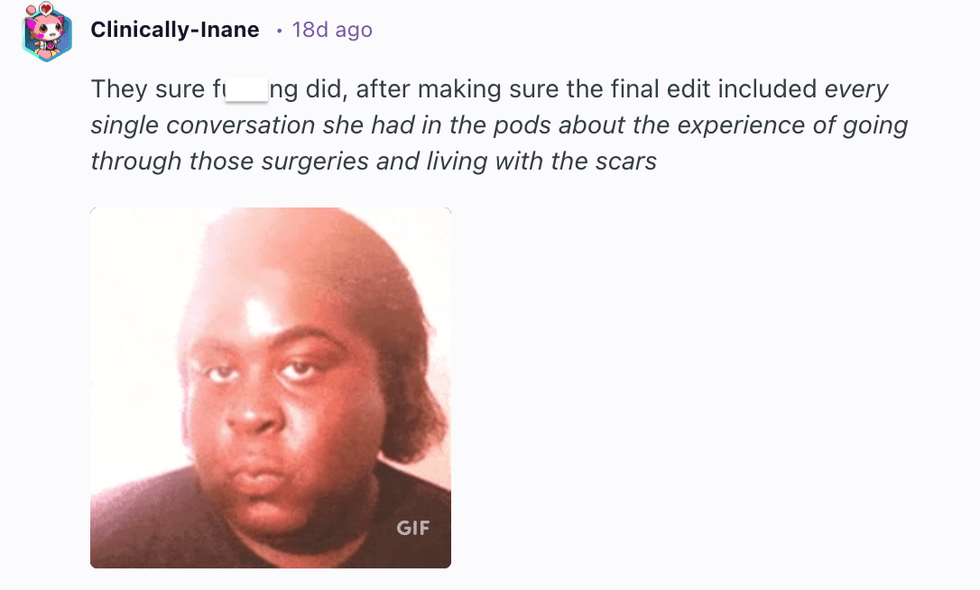 u/Clinically-Inane/Reddit
u/Clinically-Inane/Reddit u/Make_Buff_Again/Reddit
u/Make_Buff_Again/Reddit u/PuffyPoptart/Reddit
u/PuffyPoptart/Reddit